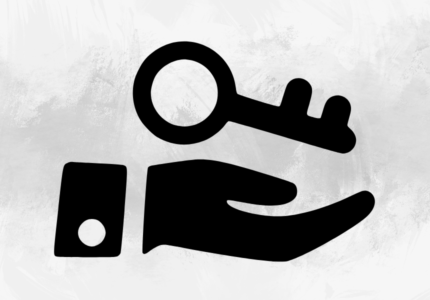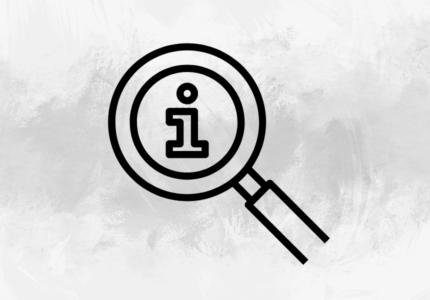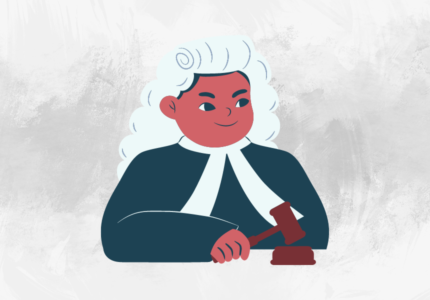
This article will focus on the 3 most important ingredients to include in your cover letter to make it stand out. Let’s first define what a cover letter is and its role. A cover letter is a short, concise letter that can be sent together with your resume when you apply for a job. It should not exceed one page and have plenty of space at the top, bottom, and sides. It will make your CV stand out by making a positive impression and sparking interest in your professional achievements if it is done well.
Let’s not forget that the cover letter is crucial in securing the job interview you desire. This brief text introduces you to the role for which you feel qualified. To avoid confusion, misunderstanding, or irritation, it is written in plain English. There is a lot of advice on cover letters that recommend making them formal. I would say to make your letter respectful – respecting the time and intelligence of your reader. Respectful of you, your track record, how much time you spent, and how careful you were when you applied. Your cover letter can add a personal touch to your application. A CV is not able to do that. A cover letter, rather than a CV that only talks about your skills, can convey your enthusiasm for the job, your knowledge of the role, and your level of expertise.
Your cover letter should be considered both a prequel to and a continuation of your CV. It introduces your CV and whets the reader’s appetite for your abilities. If not, your CV is likely to be thrown out. It is also, and this may seem strange a sequel. Because the cover letter does not go into the same level of detail as the CV, it interprets the information in your resume. It is not a repetition. If it was, the CV could appear dull to the reader and they wouldn’t complete it. Last word: Some cover letter advice will recommend that you include in your letter information that is not in your resume. Contrary to popular belief, I believe that any information you include in your letter will be expanded upon in your resume. It is not a good idea to pique the interest of your reader and then not satisfy that curiosity.
Okay, now that we have clarified the importance of the cover letter in a job application, let us look at what I call a “1-2-3” process around the opening, body, and closing.
1. It is important to explain why you should be hired.
Clearly explain the role that you are applying for. You should clearly refer to the job you are applying for, including where it was advertised or how you learned about it so that your reader is clear about what this letter is about. You aren’t writing because you saw or heard about XYZ’s job. Instead, you mention the job to make it clear, but more importantly, because it is something you find ideally suited for. This should be stated up front, in a maximum of two sentences. This is the starting point for the rest. This is not a letter about a job; it’s a letter that you need to be there. Your reader will look at your CV with interest and be more likely to give you an interview if you present your case clearly.
2. Tell them what you can do for them and how.
Next, you will need to write 2-3 paragraphs that describe your suitability. This section highlights your professional achievements and, if possible, your personal qualities. As I mentioned, this is where you interpret the CV. When proving your abilities meet the requirements of the job, make sure to use some of the words in the job description or advert. This will help you connect with the job more clearly.
Do you remember my “so, what?” question when I was discussing CV writing? When I was talking about CV writing, my “so what?” question. This is also true here: A cover letter is very short so you must be more selective in what you include. Don’t tell them what you can do, but show your work by citing past accomplishments. You tell your reader a story. If they are interested, the end of this story is in their CV.
3. With a little flourish, you close.
Many cover letters end with a thank you to the reader for considering you (as a candidate). This is fine, but the reader will not notice this formulaic conclusion. Let me suggest that you write a paragraph before the “Many Thanks for your consideration & Kind Regards” type of mention. This will allow you to briefly re-state your case in order to be considered for the job. You can’t have repetition in your cover letter or your CV. The same goes for your opening and closing sentences. This requires some creativity and is a delicate task. Many people don’t dare to try. If you do it and succeed, you will be different from your competitors. Given the current market conditions, I encourage you to at least give this difficult exercise a try. Your reader will be more impressed by you if you have the right amount of pizazz.
Last word: Some cover letter experts suggest that you mention that your will follow up and give details about when and how. I believe it is important to mention that you will follow up because it shows that this application is important and that you are confident in your abilities. It is a great idea to follow up and it shows that you are committed to the overall effort. Be clear about when you will be in touch, but not how. It can make you appear a little too eager.
Here is A review of the importance of a cover letter for job applications, along with a 1-2-3 approach to creating a text that will grab your reader’s attention. What do you think? You’ve probably written many cover letters. Does this sound like what you’re doing? If not, my suggestions may have given you some food for thought.
Author of the “5 Gear Shifts that will Accelerate Your Career!” report, Alexandra helps ambitious and high-performing professionals tackle their frustration at work so that they resolve a complex problems, find a way out of a difficult situation or achieve a personally-meaningful objective.
Alexandra is a Career Accelerator and works with talented individuals to get the promotion they want, organize an in-house move into a different group, succeed quickly in a new position, as well as to clarify their next job and how they can find it.
Alexandra’s clients are able to do more exciting work that they love, not get stuck in one type of job. They also have the opportunity to learn how to manage others and lead if necessary. This helps them make a bigger impact on their business and increase their income.
Alexandra will share stories and insights from her rewarding but exhausting 23-year career as a global finance professional, starting in Paris and ending on New York’s Wall Street. These stories can be used to help you accelerate your career.





